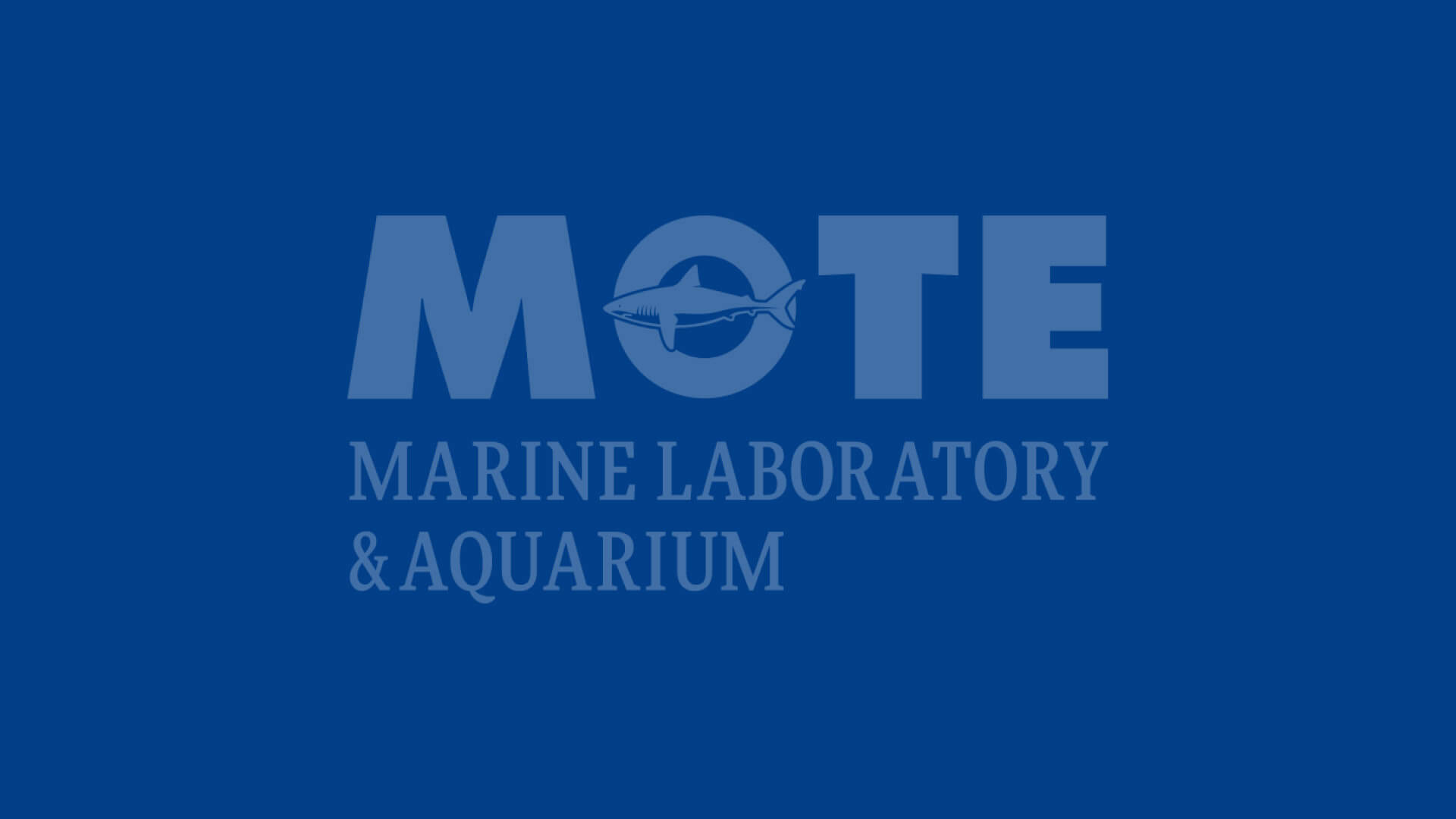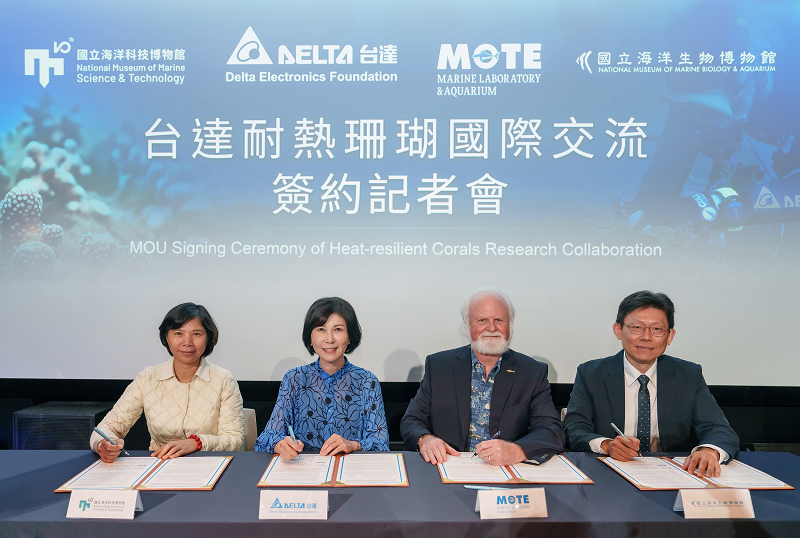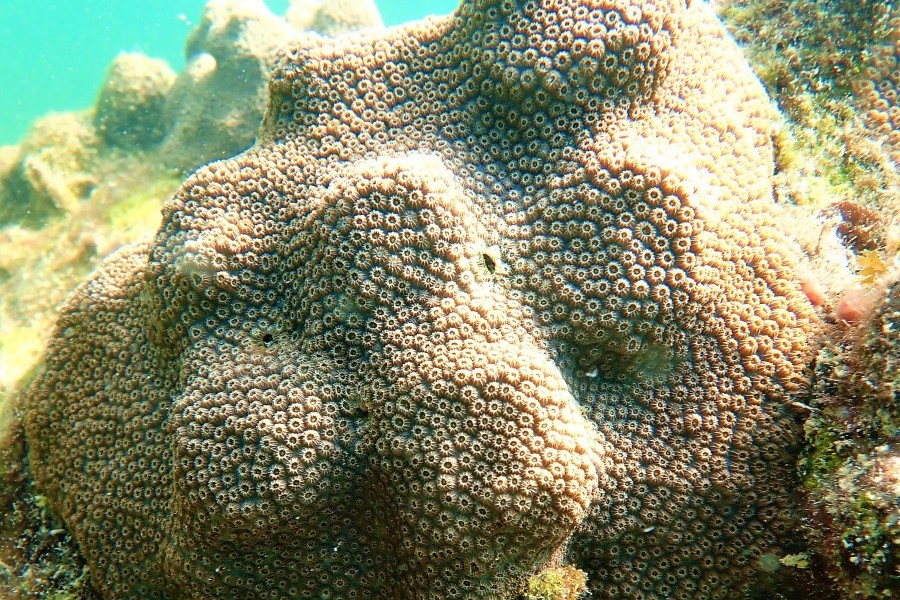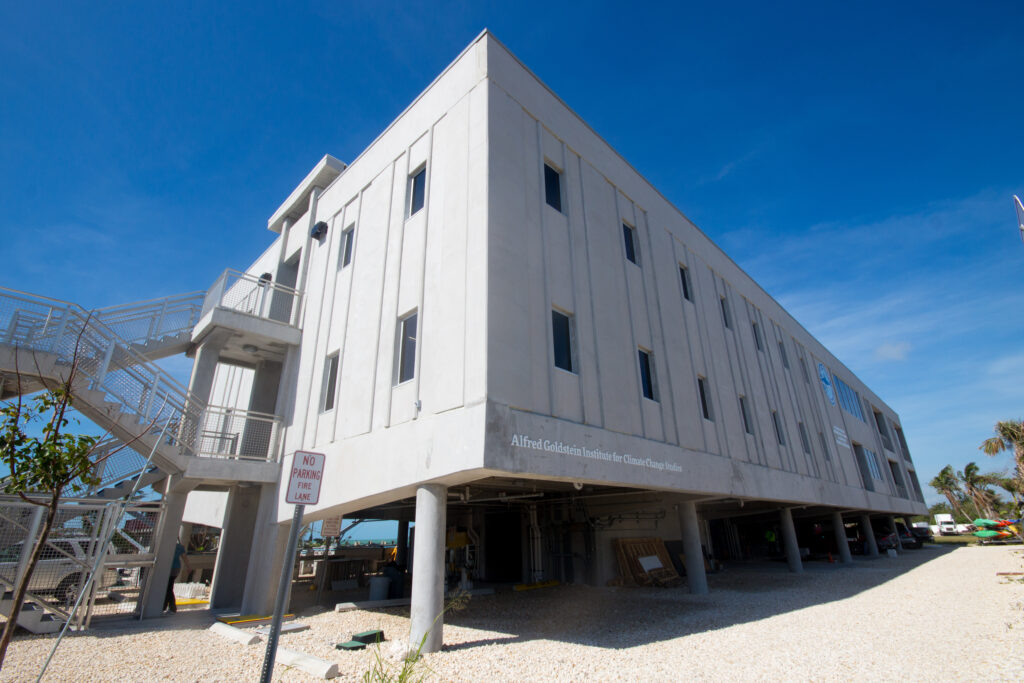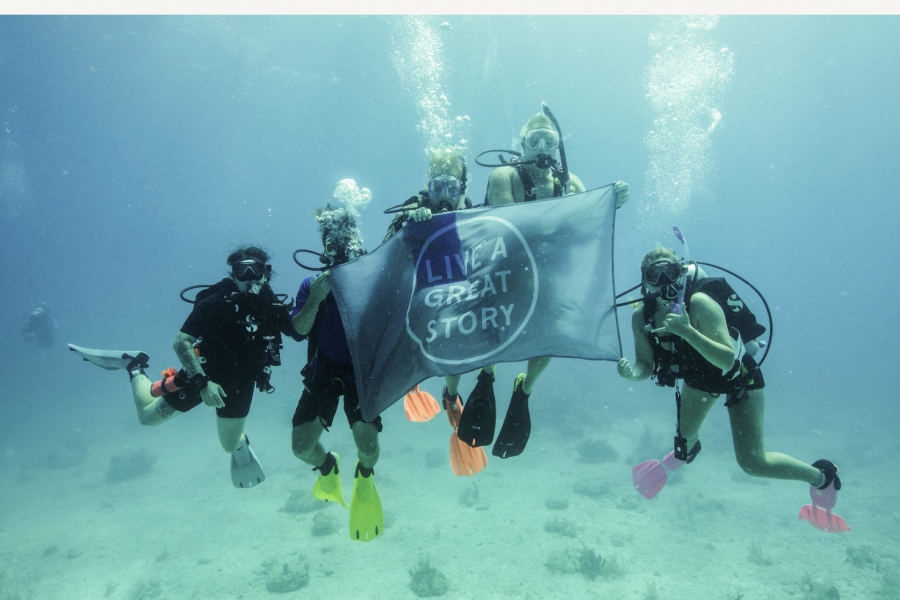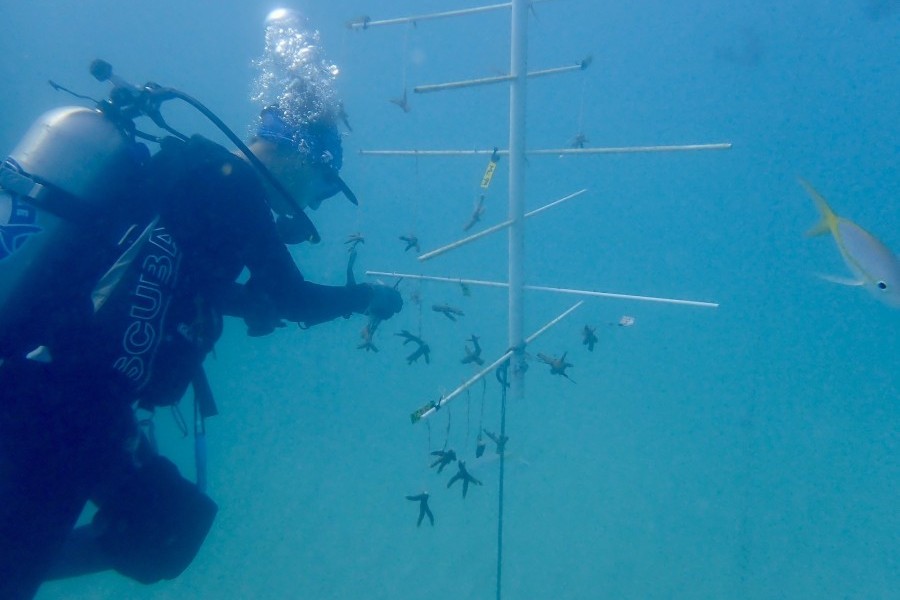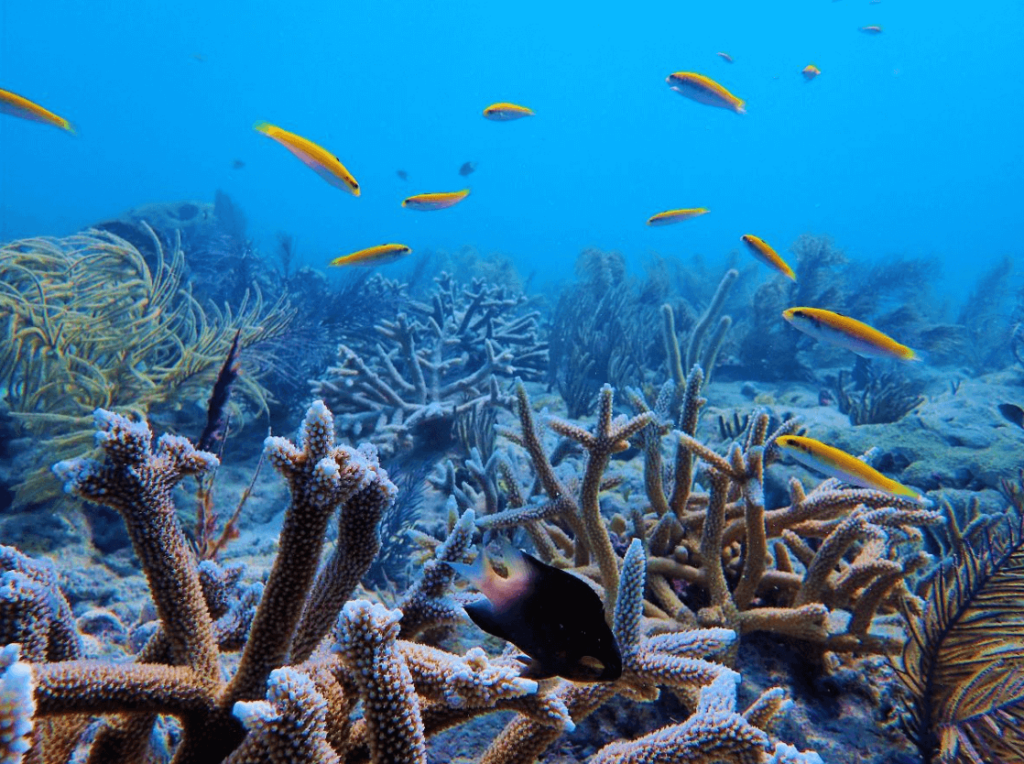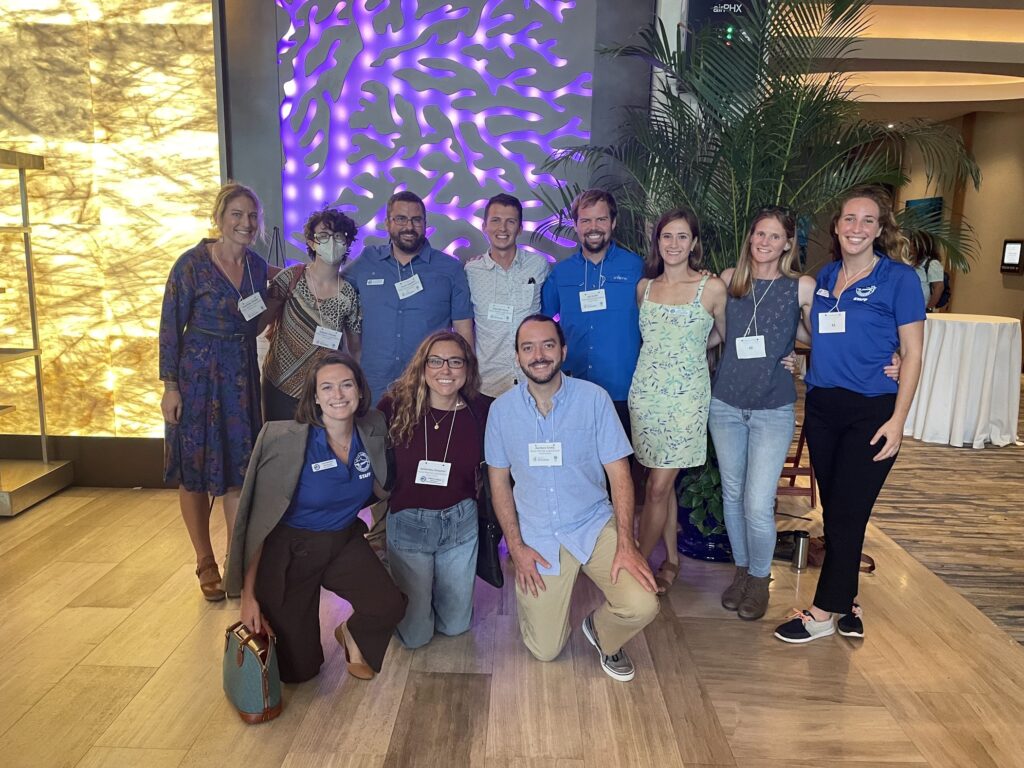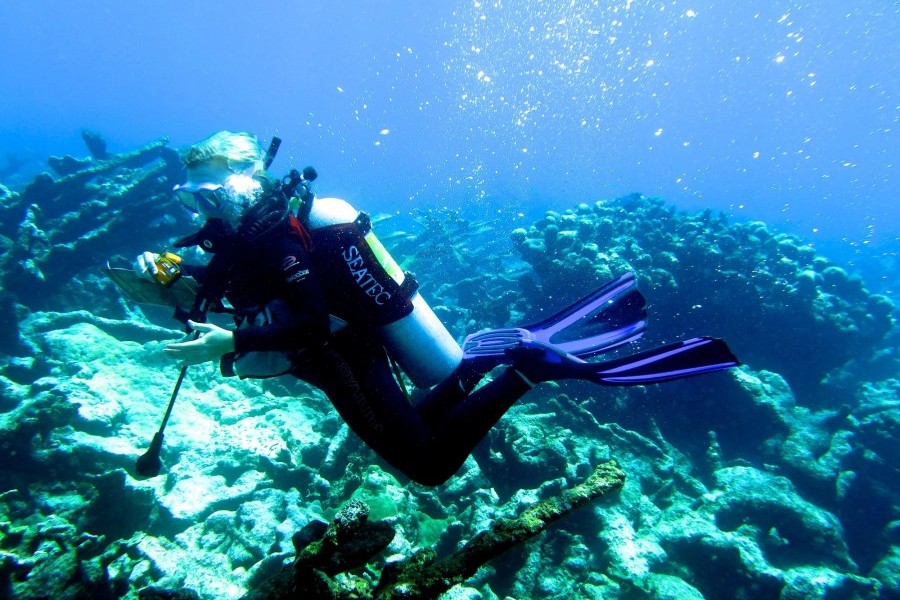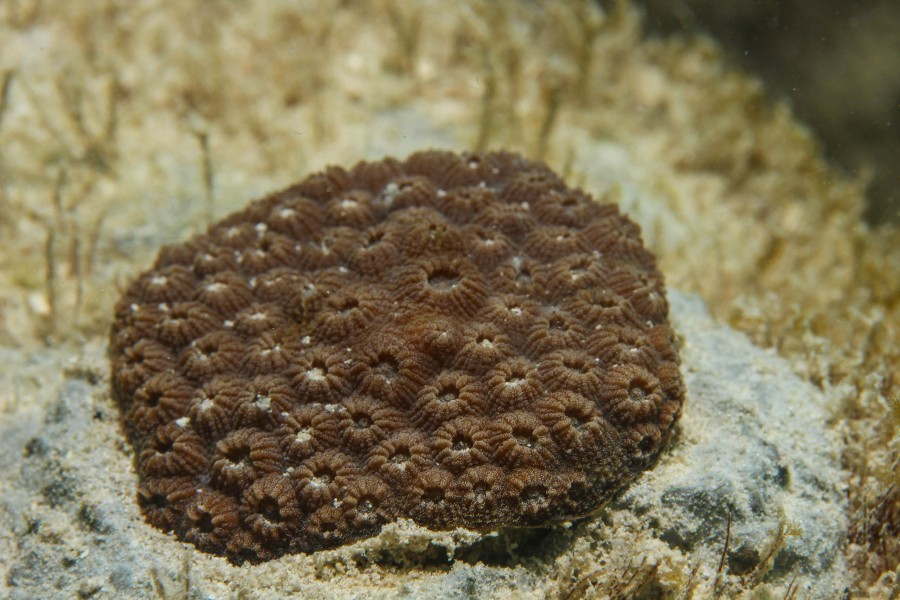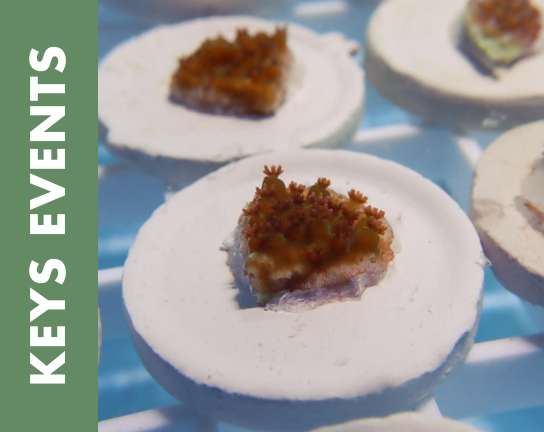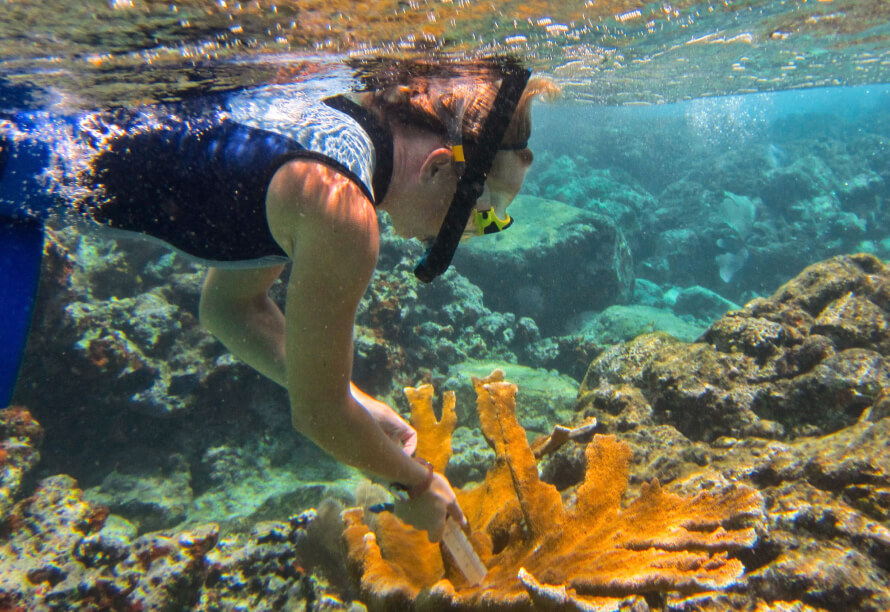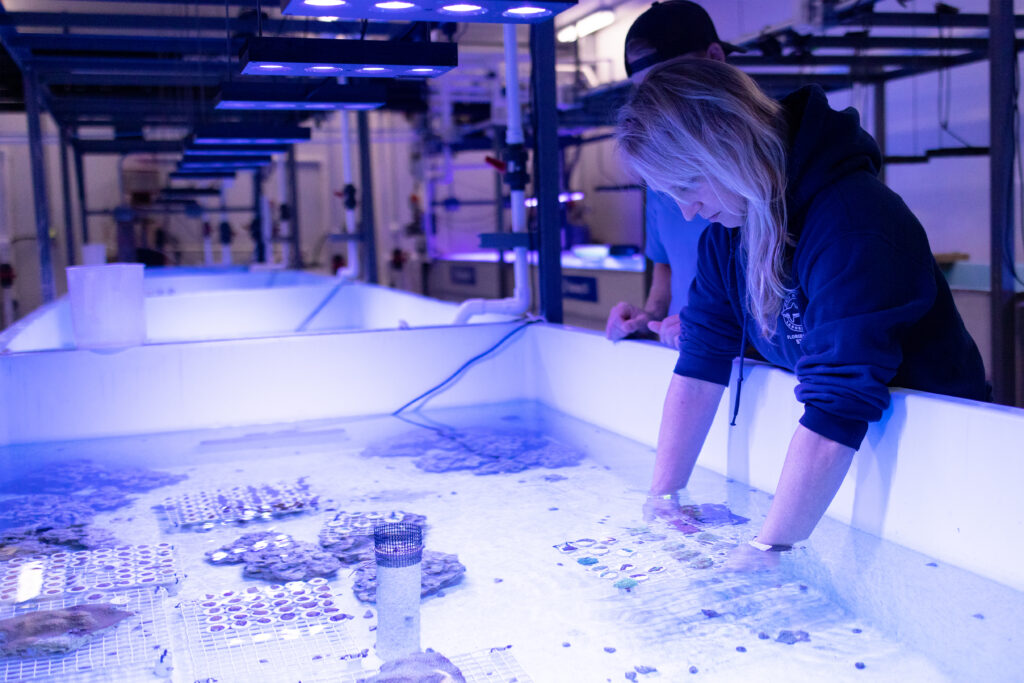Skip to content
You are using an outdated browser. Please upgrade your browser to improve your experience.
Celebrate Father‘s Day with Mote! On June 15, Dads receive 50% off admission. Apply the code FATHER to your cart before checkout when purchasing tickets!
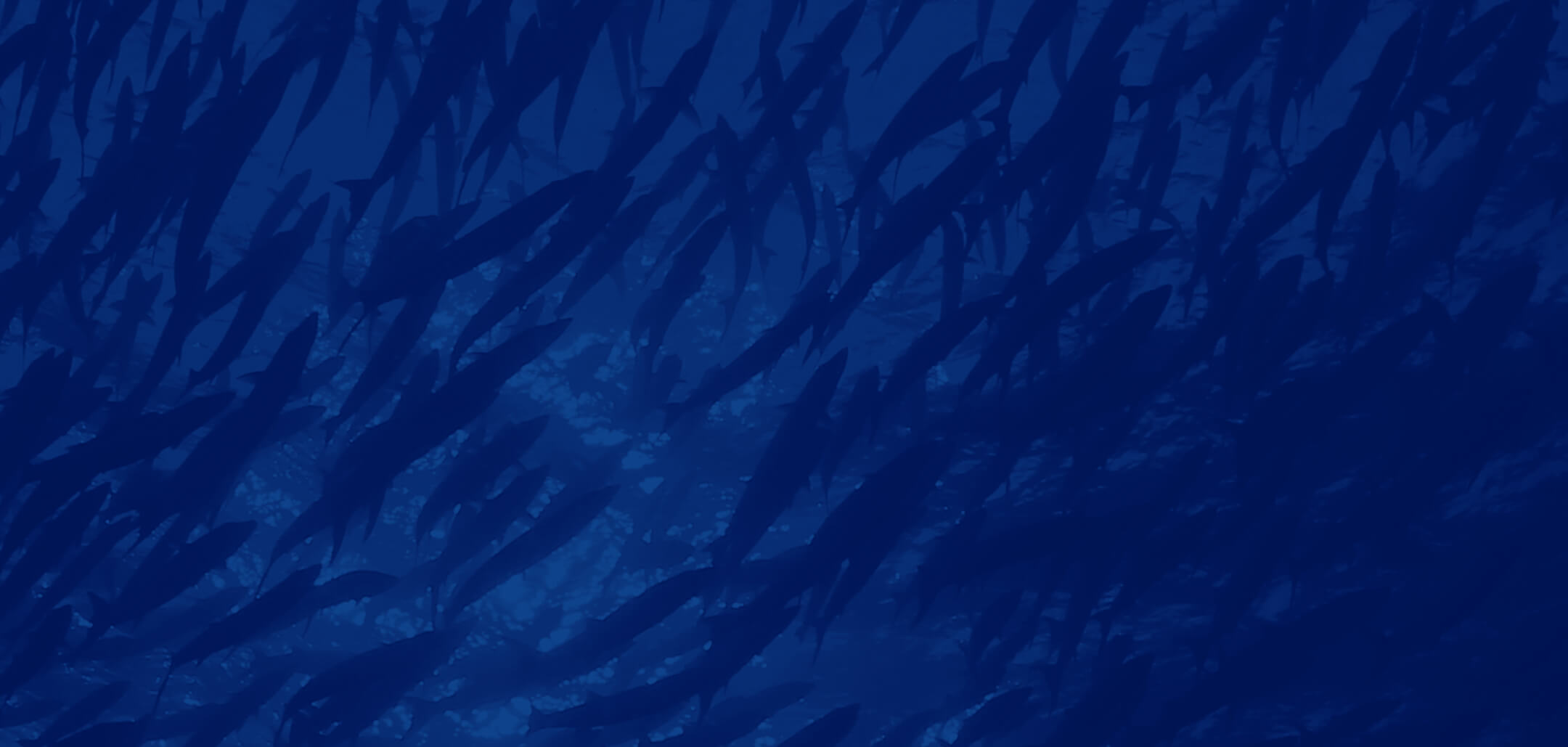
This is a practical guide to the implementation of large-area
imaging (LAI) for coral reef scientists. LAI refers to an approach
to generate composite 3D (and derived 2D) image products from
sequences of field-collected images using...
Mote Marine Laboratory & Aquarium signed a Memorandum of Understanding (MOU) for international collaboration on heat-resilient coral research and restoration with three science-focused entities based in Taiwan and the U.S.: Delta...
Mote Marine Laboratory scientists have restored more than 216,000 corals to Florida’s Coral Reef—an exciting milestone. Starting in 2020,...
About This Campus
Situated in the heart of the Lower Keys and only 24 miles from Key West, Mote Marine Laboratory's Elizabeth Moore International Center for Coral Reef Research & Restoration (IC2R3) is a fully equipped...
Mote Marine Laboratory & Aquarium, anounced today a partnership with Johnson Outdoors, a leading global innovator of outdoor recreation equipment and technology, together with its SCUBAPRO brand, to create a community coral reef...
Mote Marine Laboratory’s team of expert coral reef restoration researchers have begun the multistep process of reintroducing thousands of healthy corals back into its underwater nurseries after recovering at Mote’s land-based facilities...
Florida’s Coral Reef experienced record-breaking heat waves during the summer of 2023 caused by unusually high seawater temperatures that started early in the season, resulting in mass coral bleaching in certain areas. Florida’s...
Mote Marine Laboratory is pleased to announce it was awarded nearly $7 million from the National Oceanic and Atmospheric Administration (NOAA) for a four-year, multi-faceted project focused on implementing a holistically transformative...
Mote Marine Laboratory & Aquarium scientists participated in a conference consisting of a series of workshops that brought together over 600 coral restoration practitioners, researchers, students and resource managers from around...
Corals that tolerate heat stress may harbor different bacteria than others, reports a New College undergraduate thesis study conducted in the U.S. Virgin Islands. This critical information may help scientists find or raise corals more...
Today, Feb. 19, Mote Marine Laboratory (Mote) and Boy Scouts of America, Florida National High Adventure Sea Base (BSA Sea Base), formalized a collaboration combining Mote’s leadership in coral reef research and restoration with...
Mote Marine Laboratory scientists and their citizen-science volunteers have completed their final coral restoration outplantings at Fort Zachary Taylor Historic State Park in Key West this month.
This two-year project, funded by...
Join Mote's education & citizen science teams this summer for a FREE family-friendly coral workshop. Take at tour of our nursery, learn about our coral research and restoration efforts, observe a special microfragmenting demonstration...
Join Mote's education & citizen science teams this summer for a FREE family-friendly coral workshop. Take at tour of our nursery, learn about our coral research and restoration efforts, observe a special microfragmenting...
Join Mote's education & citizen science teams this summer for a FREE family-friendly coral workshop. Take at tour of our nursery, learn about our coral research and restoration efforts, observe a special microfragmenting...
With coral reefs in global decline and further threatened by growing anthropogenic impacts, effective strategies for restoring
these critical ecosystems are increasingly sought after. In Caribbean reefs, where disease outbreaks and...
Coral gardening plays an important role in the
recovery of depleted populations of threatened Acropora
cervicornis in the Caribbean. Over the past decade, high
survival coupled with fast growth of in situ nursery corals
have allowed...
Staghorn coral, Acropora cervicornis, is a
threatened species and the primary focus of western
Atlantic reef restoration efforts to date. We compared linear extension, calcification rate, and skeletal density of
nursery-raised A. cervicornis...
Staghorn coral Acropora cervicornis is an important framework-building species that has declined severely
throughout the Caribbean since the early 1980s. This species is now widely cultured in ocean-based nurseries
to restore degraded...
Global decline of coral reefs shows varied responses to environmental stress,
highlighting the need to understand these differences. The physiological plasticity of coral hosts and their microalgal symbionts can allow the coral holobiont...
Mote Marine Laboratory’s International Coral Gene Bank (Gene Bank) has recently achieved significant milestones in coral restoration and marine conservation, paving the way for a more promising future for coral reefs...
As climate change drives health declines of tropical reef species, diseases are further eroding ecosystem function and habitat resilience. Coral disease impacts many areas around the world, removing some foundation species to recorded...
Populations of sharks, including those inhabiting coral reefs, have experienced dramatic global declines. Setting appropriate targets for restoring reef shark populations requires estimates of expected relative abundances in the absence...
Coral Health & Disease URE (Florida Keys)
Internship Mentors: Marina Villoch and Dr. Erinn Muller
As climate changes, sea surface temperature anomalies that negatively impact coral
reef organisms continue to increase in frequency and intensity. Yet, despite widespread coral mortality, genetic diversity remains high even in those...
In the Caribbean, corals are commonly cultured
in ocean-based nurseries and outplanted back to reefs for
population enhancement. Intraspecific diversity in host and
symbiont is an important consideration for nursery and
resource managers....
Stony coral tissue loss disease (SCTLD) has swept through Florida reefs and caused mass mortality of
numerous coral species. In the wake of these losses, efforts are underway to propagate coral species
impacted by SCTLD and promote...
Return to Coral Biobank Alliance Home
Coral Biobank Alliance members are working collaboratively to...
Return to Coral Biobank Alliance Home
Monaco
World...
Return to Coral Biobank Alliance Home
Goals
[caption id="attachment_14998" align="alignright"...


